“The one who rules the seas, rules the world”
Barbaros Hayreddin Paşa, Grand Admiral of the Turkish Fleet in the sixteenth century
The attention of the EU and NATO has recently been fixated on new agreements between Turkey and the Prime Minister of the Government of National Accord in Libya Fayez al-Sarraj concerning issues of sovereignty over maritime zones in the Mediterranean Sea.
The First Memorandum the two sides agreed upon aims to boost security and military cooperation between the two countries. The second delineates maritime boundaries in the Mediterranean.
Dr. Tarek Cherkaoui (@tarek_cher) speaks to TRT World regarding developments in Turkey-Libya relations and President Erdogan’s meeting with Fayez al Sarraj. pic.twitter.com/zFk4rADhwz
— TRT World Research Centre (@TRTWorldRC) November 30, 2019
Egyptian Foreign Minister Sameh Shoukry and his Greek counterpart Nikos Dendias immediately condemned the agreements between Erdoğan and al-Sarraj.
The agreements are historic, marking Turkey’s first EEZ deal with a littoral country with the exception of Turkish Cyprus. The memorandum defines the western borders of Turkey’s EEZ in the eastern Mediterranean. Experts believe that the deal will increase Turkey’s continental shelf foothold by around 30%.
“The deal has strengthened Turkey’s hands in the region against Greece, Greek Cyprus and their plans to further isolate Turkey and the Turkish Cypriots. This deal will provide the direct influence of Turkey on the energy geopolitics of the eastern Mediterranean,” Serkan Demirtaş told Hürriyet.
It is worth noting that Greece’s attempts to expand its economic reach in the Mediterranean is has developed simultaneously alongside instability in the Balkans and North Africa.
NATO’s crisis
The strengthening of Turkish maritime presence is taking place at the same time Ankara has begun to drift toward a multipolar political orientation: recently, Turkish leadership vetoed a NATO plan to confront a ‘potential Russian threat’ in Eastern Europe. Turkey has expressed its willingness to sign on to the plan on the condition that it includes proposals to strengthen the security of its borders as well, and that all 29 member countries recognize the Kurdish armed formation, the YPG (which has helped the US fight ISIS in Syria), as a terrorist organization.
These events show that one of the most powerful military-political blocs in the world can be virtually paralyzed by contradictions between member states. The entire Euro-Atlantic security apparatus is now at risk because of the position of one country. Turkey and Russia are united in their opposition to American influence in the Middle East and are working together in the Syria. After the beginning of Turkey’s military operation in north-eastern Syria, the Russian military entered the area, indicating high-levels of cooperation.
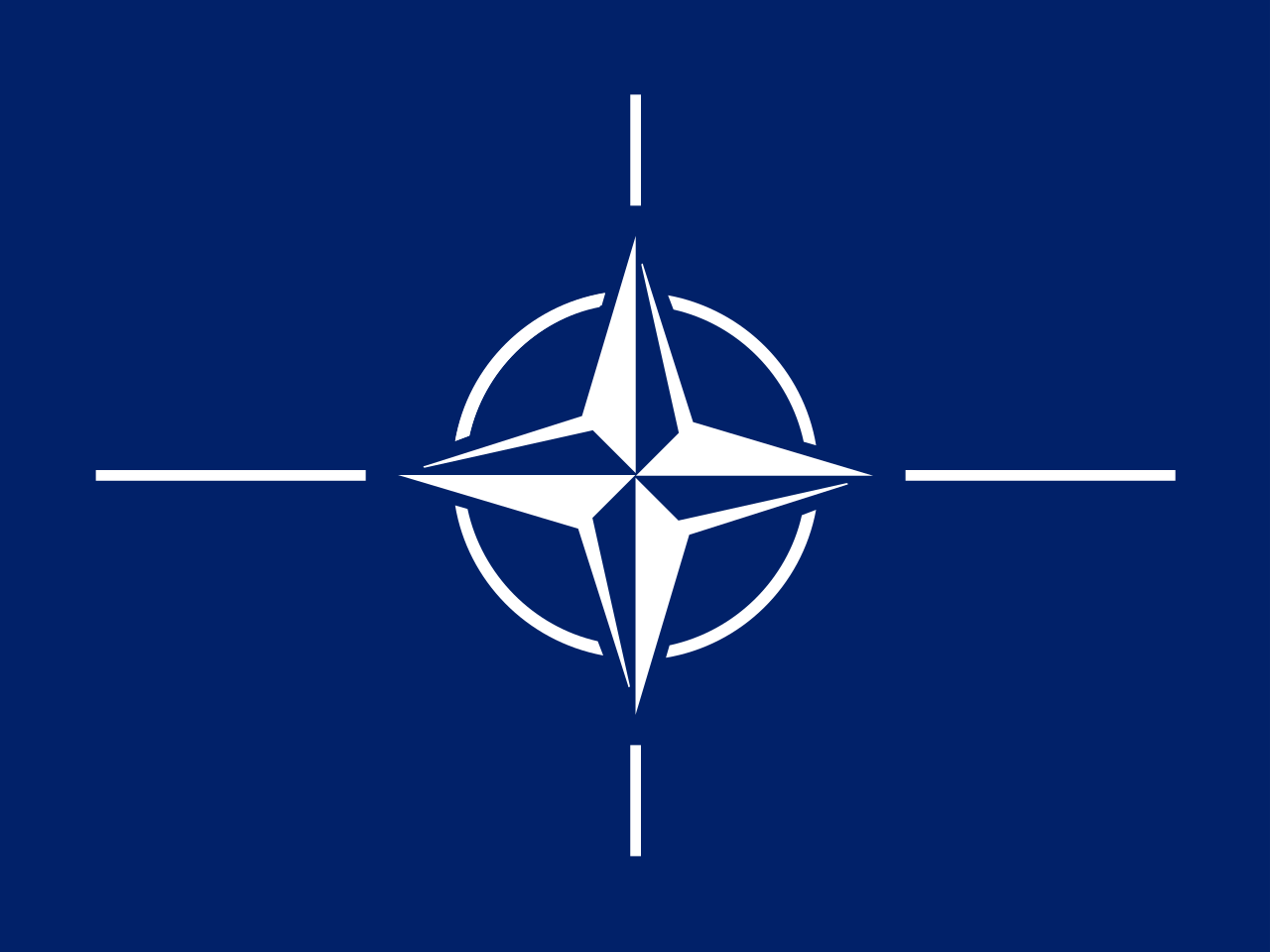
The North Atlantic Alliance, which since the end of the Cold War has been adapted to respond to regional crises, was not prepared to face such resistance from one of its own participants. There are several options available for the alliance to overcome the current crisis.
The simplest, but most painful, is for the US is to make concessions to Turkey and recognize Syrian Kurds (Yekîneyên Parastina Gel) as terrorists. This would be the final blow to Trump’s image, proving his inability to influence international political processes as he desires. Trump is already being blamed for the surrender of his allies to Erdogan… this option will certainly not find support among other NATO member states.
The second option is to exclude Turkey from NATO, as American Senator Lindsay Graham, Congressman Eliot Engel and several Canadian politicians have suggested. These politicians raised the question of excluding from NATO countries that do not share common democratic values. Sources from within Erdogan’s administration confirm that among Turkey’s military network, a NATO-exit (withdrawal) project is already in operation. At the moment, the contradictions between Turkey and NATO are serious: the S-400 question threatens the myth of the F35’s stealth features, and prevents US military from utilizing the İncirlik air base during military operations in the Middle East. The Americans are not satisfied with Erdoğan’s excessively independent course, and are now working toward withdrawing their nuclear weapons from Turkey. The American geopolitician Samuel Huntington predicted that political Islam in Turkey would eventually strengthen forcing the country to break with NATO, and it seems he was correct.
The issue is that there are no actual procedures for a NATO member nation to follow if it wants to withdraw. The only withdrawal in NATO’s history was in 1966, when Charles de Gaulle (who had the strict anti-globalist geopolitical line) pulled France out of the alliance. De Gaulle believed the alliance was dominated by anglo-saxon ideology, so he developed and proposed a model of equal decision-making on key issues related to the use of nuclear weapons (a trilateral directorate of the United States, France and the United Kingdom), in which each of the three powers would have the right to veto the use of nuclear weapons– expectedly, the United States refused the proposal outright. In February of 1966, France withdrew from the organization, although it remained a part of the political structure. All the same, France took an active part in NATO’s military operation against Yugoslavia in 1999, and in 2009 President Nicolas Sarkozy officially brought France back into the alliance.
Even if Turkey does leaves NATO, the alliance will hardly be weakened– nonetheless, at present, this seems like an unlikely outcome. NATO directors will likely try to ‘punish’ Turkey into compliance with measures such as denying them access to military technologies and weapons, imposing unilateral economic sanctions or depriving Turkey of a voice in the North Atlantic Council. However, if Turkey is further isolated within NATO, Erdogan will be more interested in leaving the organization altogether (Turkey is a NATO member at present predominantly because of the access to advanced military technologies membership affords).
The US also will try to revise the Montreux Convention on the regime of the Straits. The Convention is a strong instrument in Turkey’s hands and enshrines sovereignty over the most important international sea lanes.
The context of Libya-Turkey agreement on maritime zones
Problems between NATO and Turkey have gotten worse due to contradictions betweenTurkey and the Greece-Egypt-Israel block.
In February 2019, for the first time in the history of the Republic of Turkey, the Turkish Navy conducted naval exercises in three seas simultaneously: the Black Sea, the Aegean Sea and the Mediterranean. The drills involved 103 military ships and 20,000 soldiers.
“‘Mavi Vatan-2019’, started on February 27 when ships left port in Ereğli, Umuryeri, Güllük, Erdek, Çanakkale, Foça, Aksaz and İskenderun,” Admiral Yankı Bağcıoğlu, commander of the naval exercise, announced, adding that from March 2 – 5, training exercises for crisis military scenarios were held in the waters of the Black Sea, Aegean Sea and Mediterranean Sea, including in international waters.
“The ‘Blue Homeland’ is not just a code name, it is also a geopolitical concept that demonstrates the political-military order of Ankara in the next decade,” Turkish state news agency Anadolu noted.
The exercises were meant to show the increased capacity of the Turkish Navy. According to the author of the term ‘Mavi Vatan,’ Cem Gürdeniz, the Blue Homeland naval drill shows that Turkey has become a maritime power.
“Mavi Vatan”ın isim babası emekli Tümamiral Cem Gürdeniz Türkiye-Libya anlaşmasını Odatv’ye değerlendirdi.
İkinci Sevr’e büyük darbe vuruldu Suriye ile de anlaşma yapılmalı https://t.co/AKW5YeZZ1y pic.twitter.com/9D69NlP2Zc— Odatv (@odatv) November 29, 2019
Turkey’s naval power represents an opposing force to the Greek-Egyptian-Israeli alliance (which is strongly supported by the US)– a political bloc which has its own interests in the Mediterranean and Aegean seas. Just after the Blue Homeland exercise, the Egyptian-Greek Joint Maritime Training ‘Medusa 8’ was launched, likely in response.
The ongoing problem of the Greek-Egyptian-Israeli confrontation with Turkey lies in the question of the division of the influence in the eastern Mediterranean, as well as in Aegean seas. Cyprus is at the center of this political confrontation because it is Turkey’s only landbase in the area, as all the islands in Eastern Middeteranians belong to Greece. The possible unification of Cyprus would irreversibly deprive Turkey of this important strategic advantage. Paradoxically, Northern Cyprus was invaded by Turks when NATO was afraid of Southern Cyprus achieving rapprochement with the USSR… now it is, on the contrary, a Turkish stronghold which is moving towards multipolarism. Southern Cyprus is still largely connected with Russia, while the special zone plays rather opposite role in the balance of power in the Eastern Mediterranean, being a crucial ally for pro-American Israeli/Egyptian strategy.
Given the high-stakes of the situation, Turkey has been pushed to develop closer relations with Russia and Syria as well as the Middle Eastern axis of resistance (Hezbollah, Palestine etc). Ankara and Moscow clearly share the same goals in regard to issues such as energy transportation. A personal quarrel between Turkish and Syrian leaders has long been an obstacle for this process, as has been Erdogan’s unilateral support for Al-Sarraj in Libya. If Ankara could normalize relations with Damascus and rely more on Russia in regard to the Libyan conflict (where Russian involvement is more and more observed by international media and western power) it could use these relations to improve the strategy and effectiveness of the ‘Mavi Vatan’ drills.







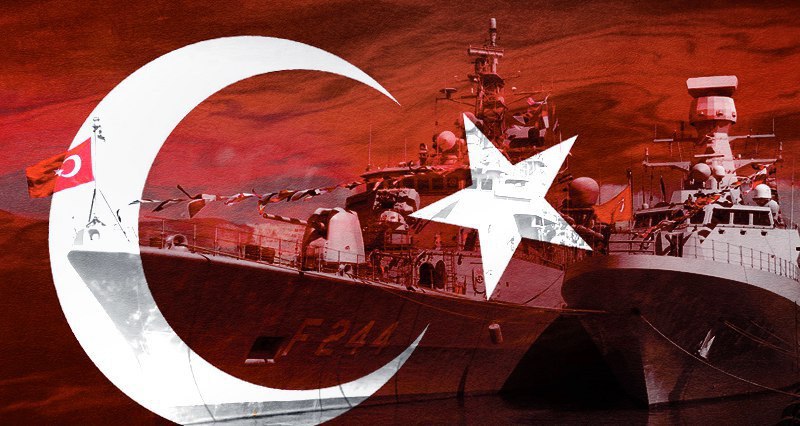
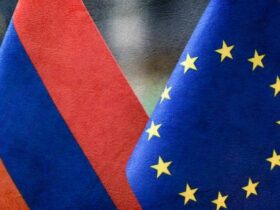
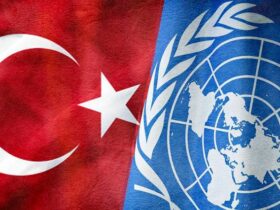





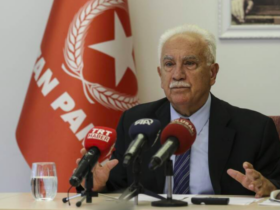

Leave a Reply